Living off the land is an appealing idea for many people who want to be self-sufficient and live in harmony with nature. However, it’s not as simple as it may seem, and there are many mistakes that can make the experience challenging or even dangerous. In this article, we’ll explore 15 critical mistakes to avoid when living off the land, so you can be better prepared for this rewarding lifestyle.
1. Not Having Enough Knowledge and Skills

Before embarking on a journey to live off the land, it’s crucial to acquire the necessary knowledge and skills. This includes learning about farming, hunting, foraging, and basic survival techniques. Without proper education and training, you may find yourself struggling to meet your basic needs.
2. Underestimating the Importance of Water
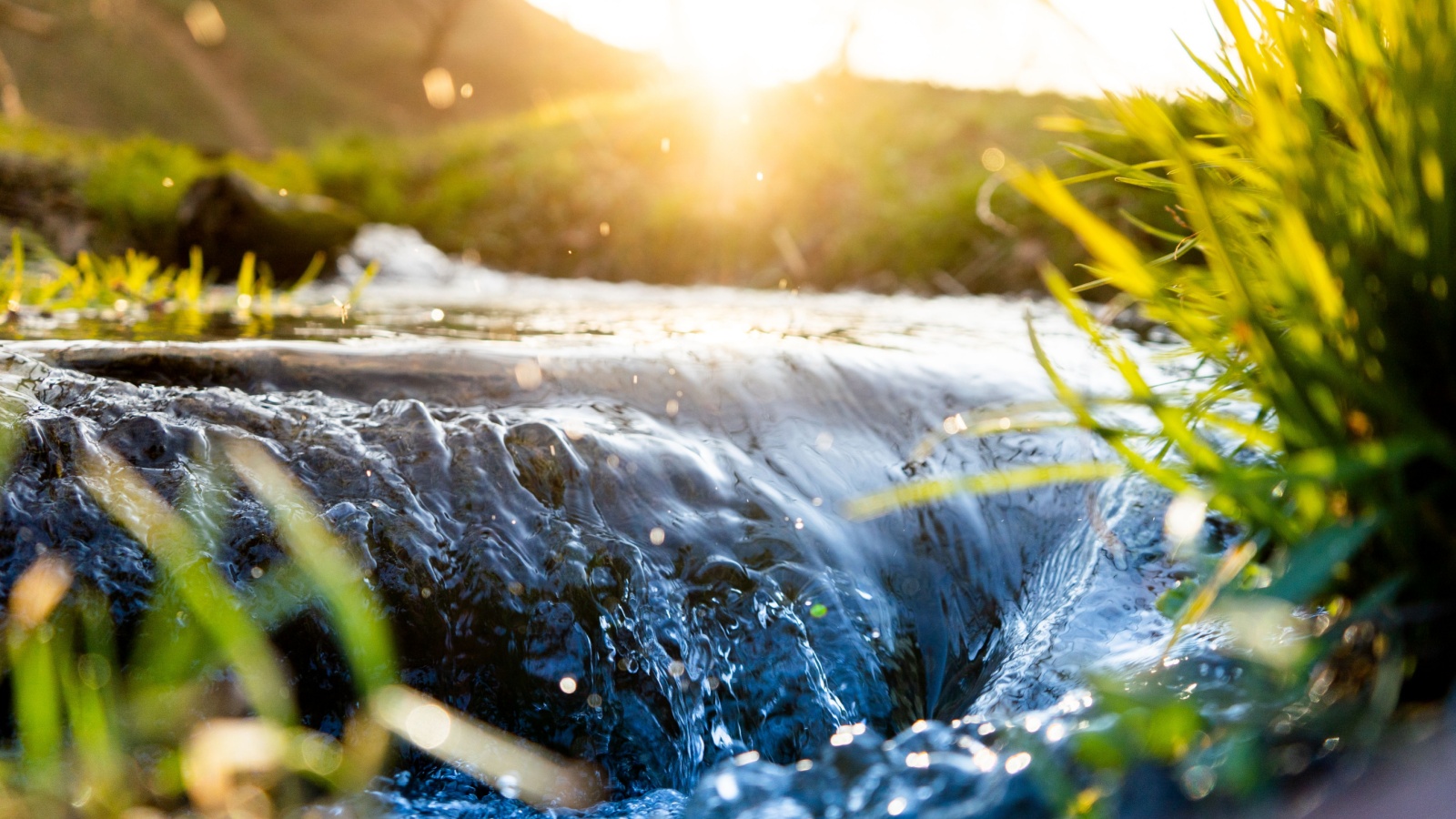
Water is essential for life, and when living off the land, you need to ensure that you have access to a reliable source of clean water. Failing to properly store, filter, or purify water can lead to dehydration and waterborne illnesses, which can be life-threatening in remote areas.
3. Neglecting to Plan for Emergencies
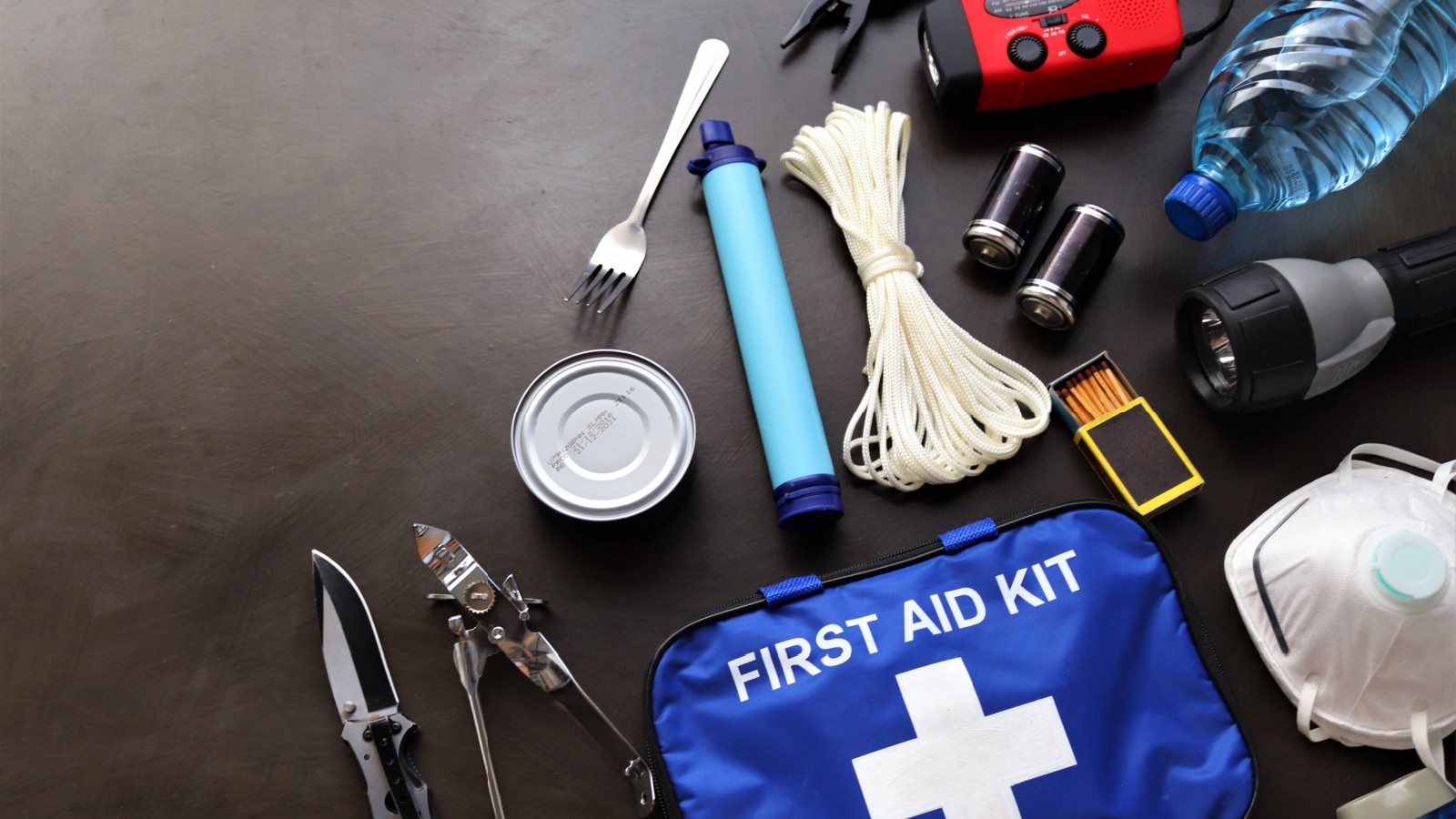
Accidents, injuries, and illnesses can happen anywhere, but they can be especially dangerous when living off the land. It’s essential to have a well-stocked first-aid kit, know basic first-aid techniques, and have a plan for emergency situations, such as how to contact help or evacuate if needed.
4. Not Storing Food Properly
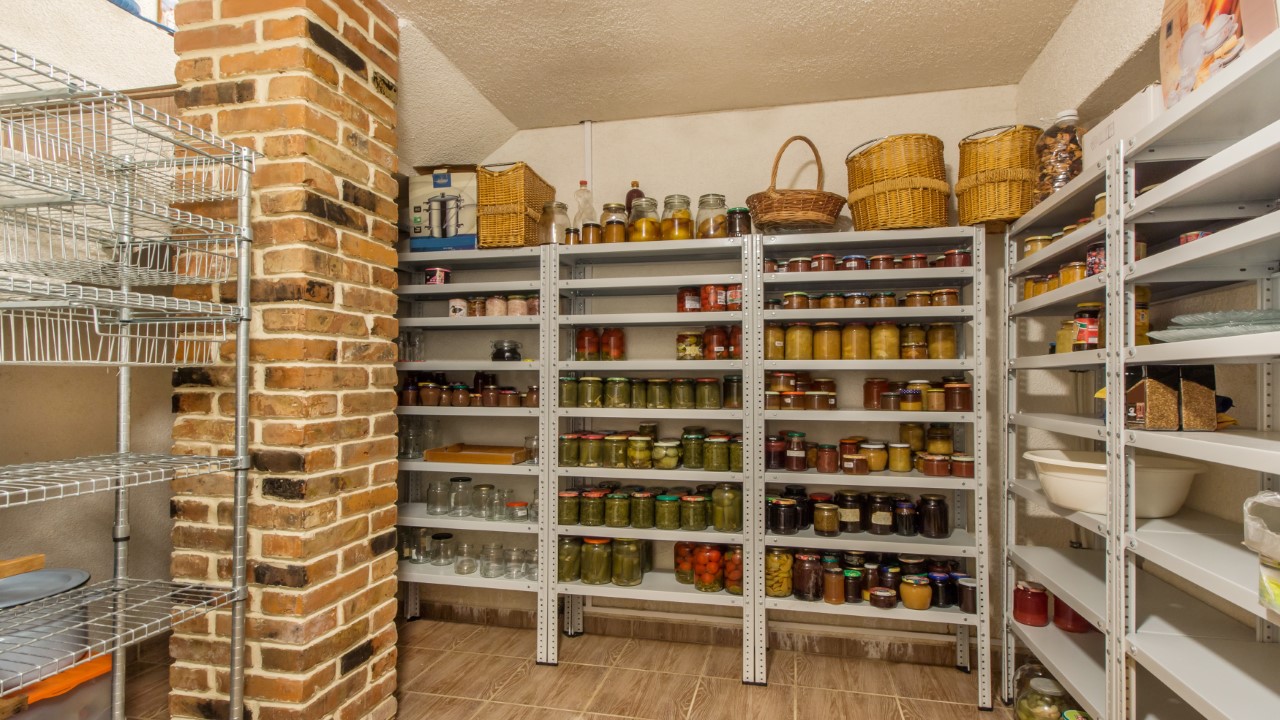
When living off the land, you’ll likely have to store food for long periods. Failing to store food properly can lead to spoilage, attracting pests, and even food poisoning. Learn about proper food storage techniques, such as canning, drying, and fermenting, to ensure your food stays safe and edible.
5. Ignoring the Importance of Shelter
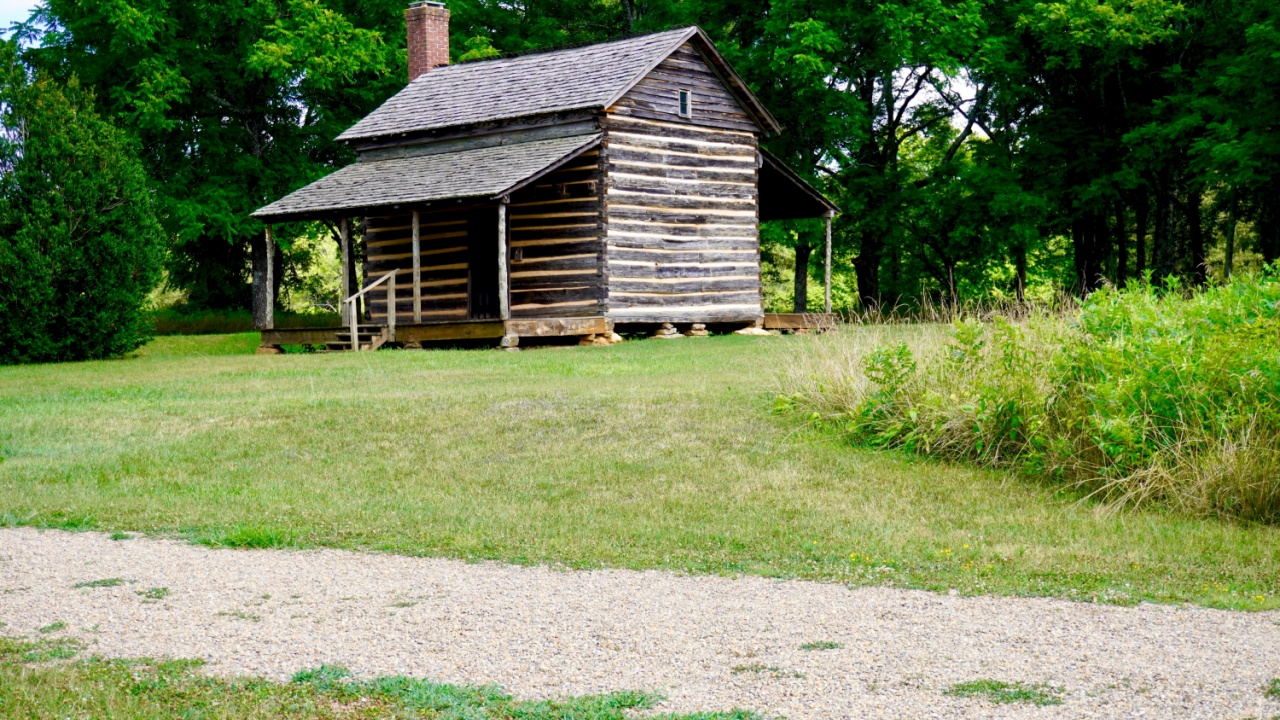
A sturdy, weather-resistant shelter is crucial when living off the land. Failing to build or maintain a proper shelter can leave you exposed to the elements, which can be dangerous in extreme weather conditions. Make sure your shelter is well-constructed, insulated, and ventilated to keep you safe and comfortable.
6. Not Respecting Wildlife
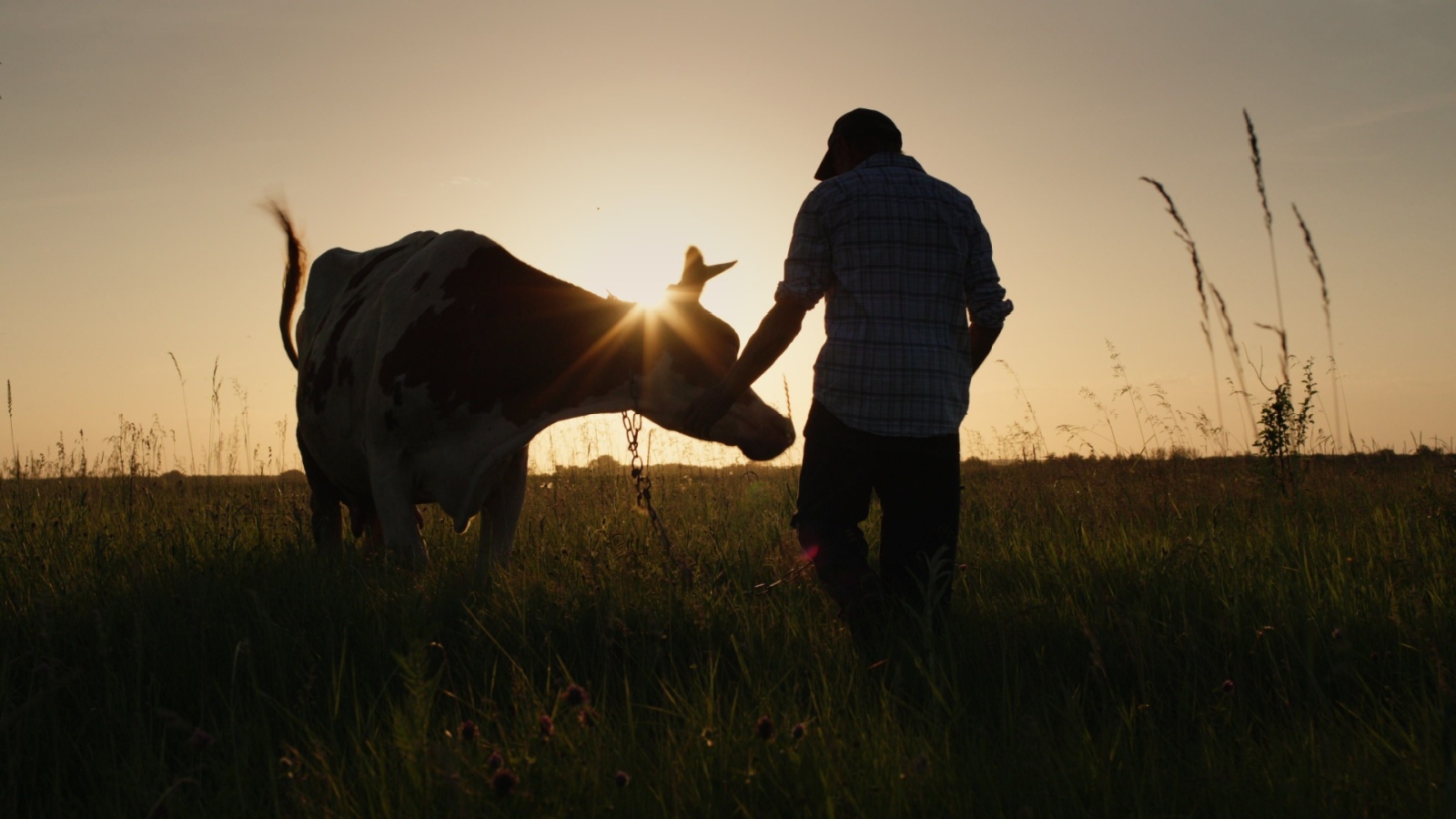
Living off the land means sharing your space with wildlife, and it’s essential to respect their habitat and behavior. Failing to do so can lead to dangerous encounters with animals, such as bears or snakes, and can also disrupt the delicate balance of the ecosystem.
7. Overworking Yourself
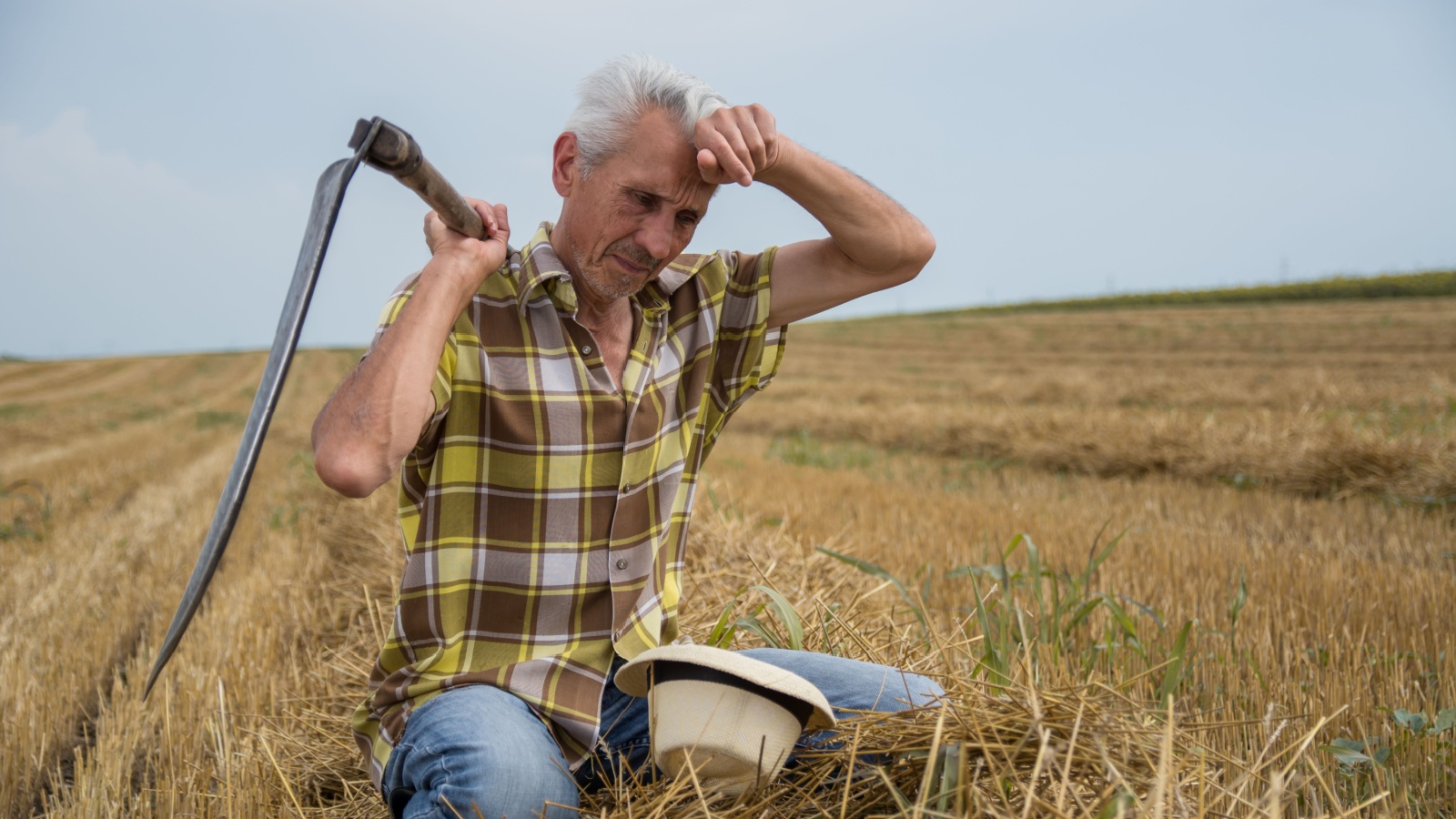
Living off the land requires a lot of physical labor, but it’s important not to overwork yourself. Pushing your body too hard can lead to injuries, exhaustion, and burnout. Make sure to take breaks, pace yourself, and listen to your body’s needs.
8. Not Having a Support System
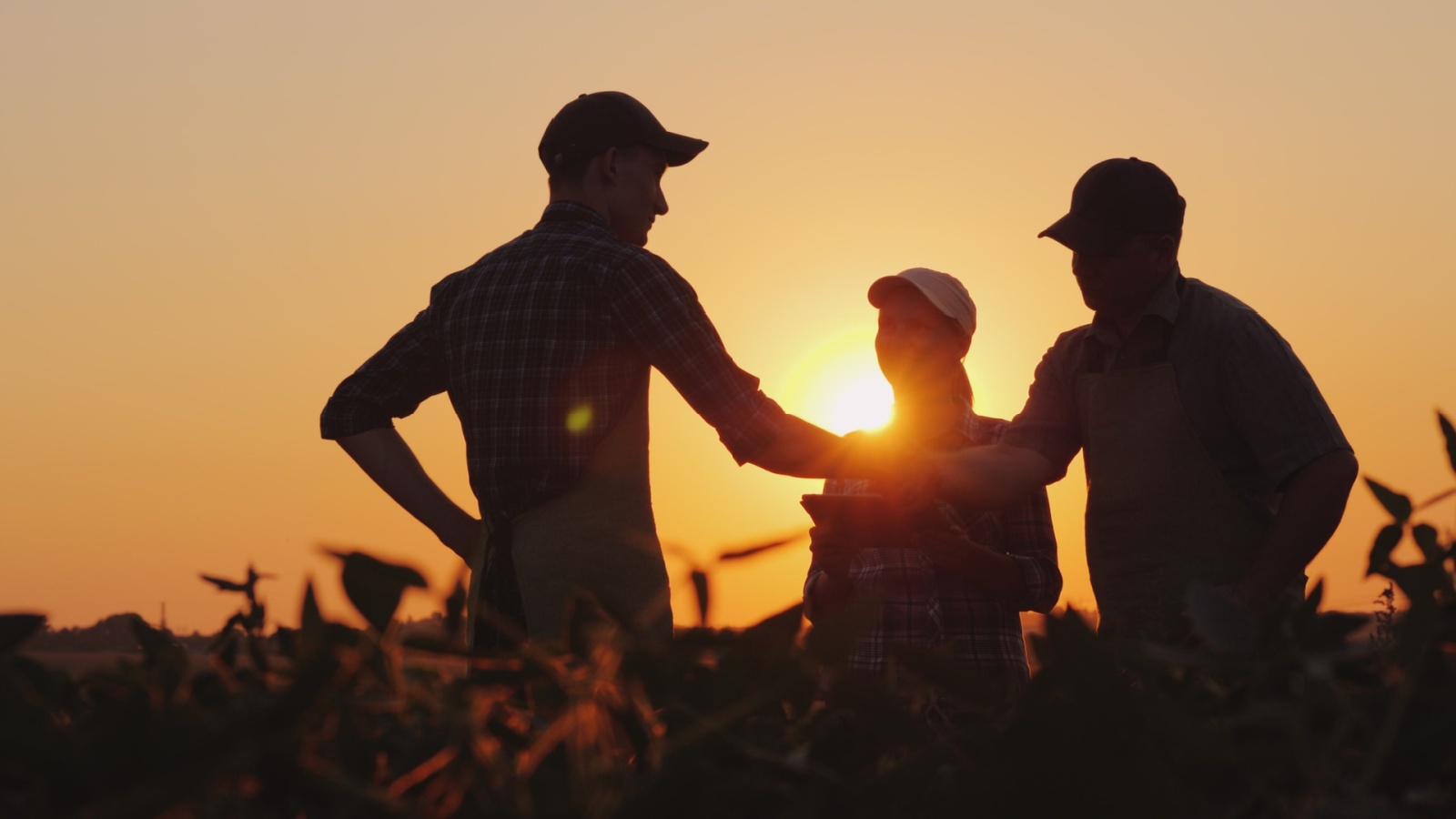
Living off the land can be isolating, and it’s important to have a support system in place. This can include family, friends, or a community of like-minded individuals who can offer advice, assistance, and companionship. Don’t try to do everything alone, as it can be overwhelming and lonely. My family joined a local homesteading collective. We share resources, skills, and knowledge and act as a safety net for one another.
9. Failing to Adapt to the Seasons
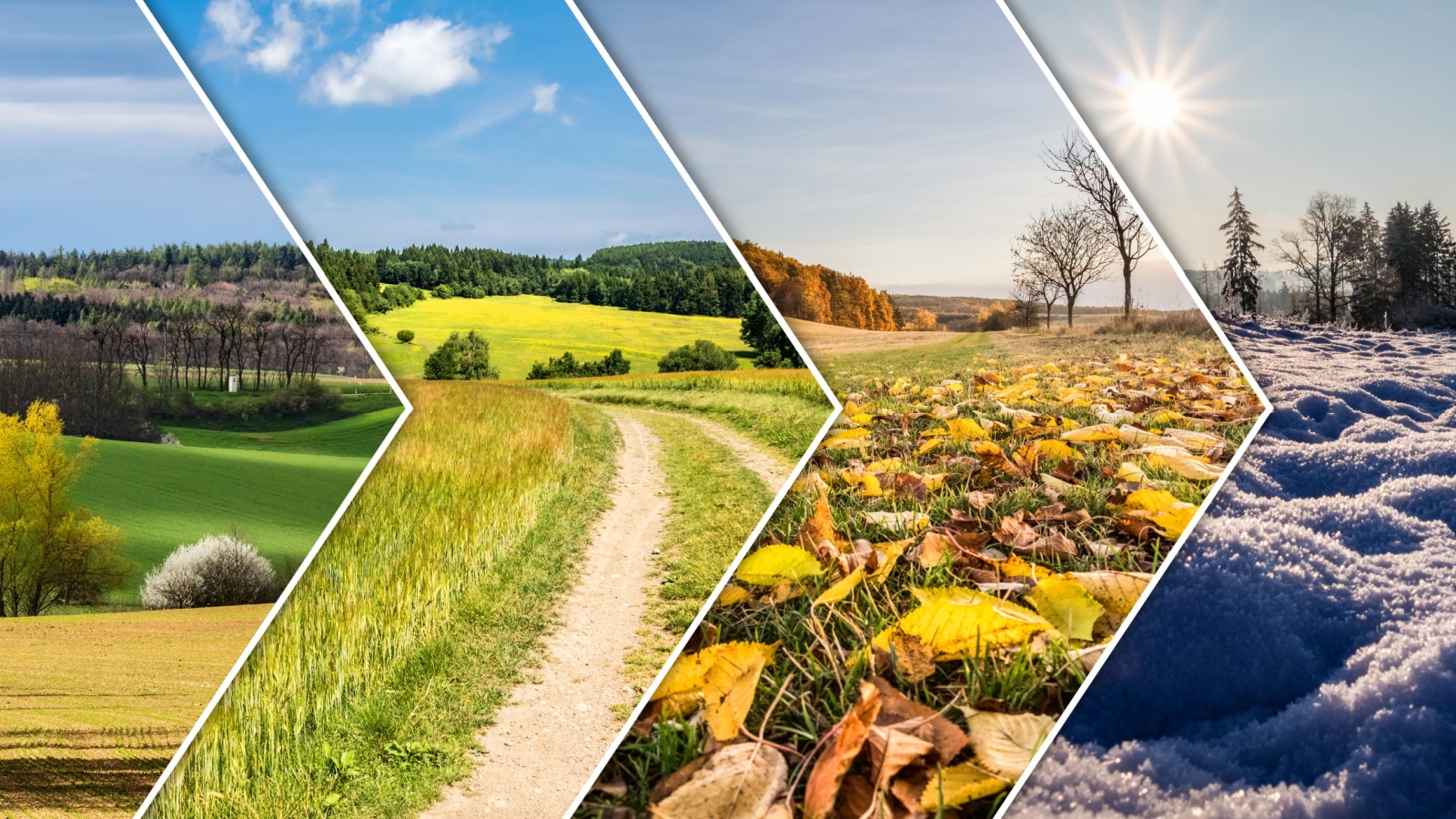
Each season brings its own challenges and opportunities when living off the land. Failing to adapt to the changing seasons can lead to food shortages, illness, and discomfort. Learn about the seasonal patterns in your area and plan accordingly, such as preserving food for winter or planting crops at the right time.
10. Not Being Prepared for Pests and Diseases
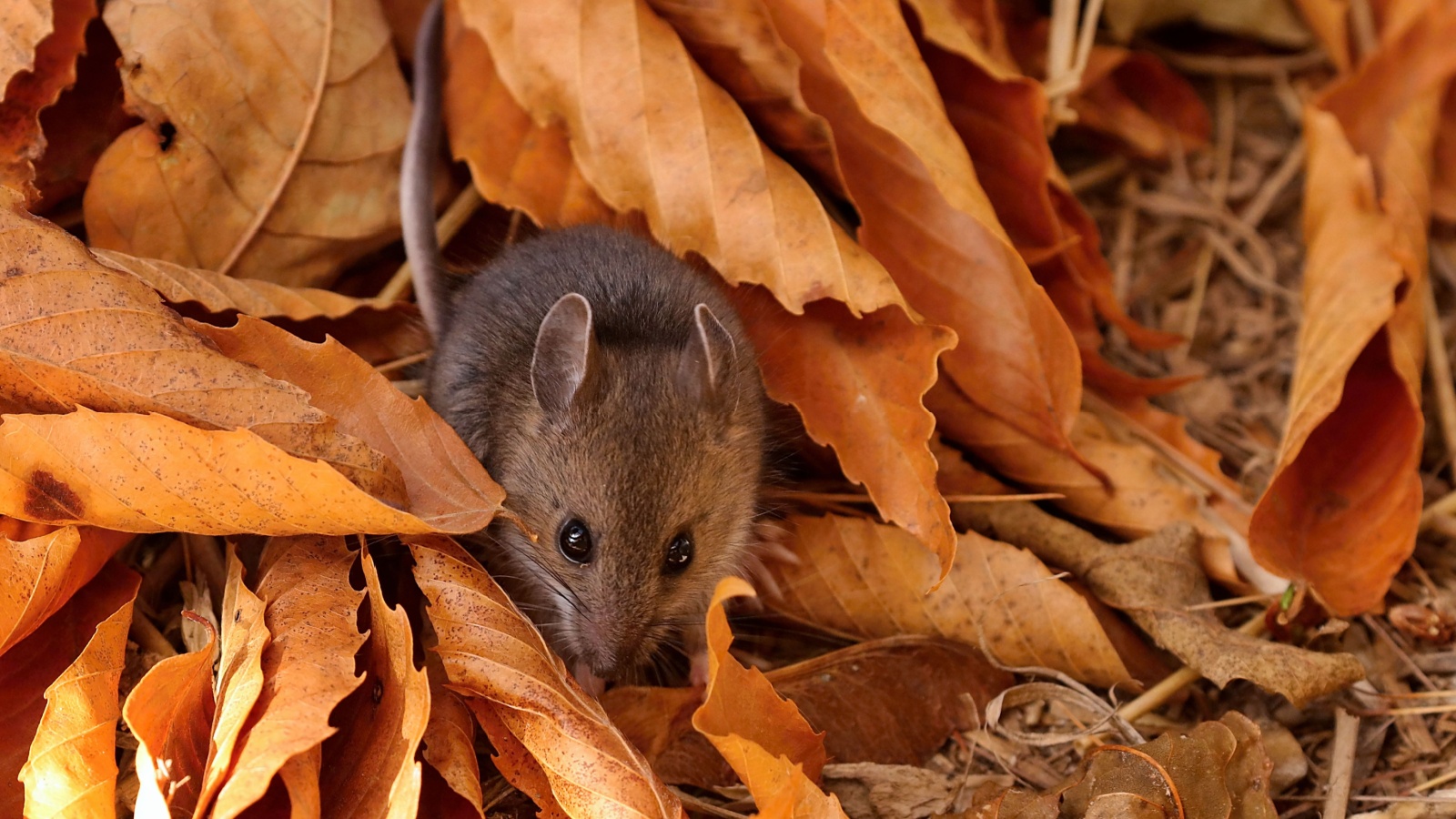
Pests and diseases can wreak havoc on your crops, livestock, and even your own health when living off the land. Failing to take preventive measures or address issues quickly can lead to significant losses and setbacks. Learn about common pests and diseases in your area and how to prevent and treat them using natural methods when possible.
11. Neglecting Your Mental Health
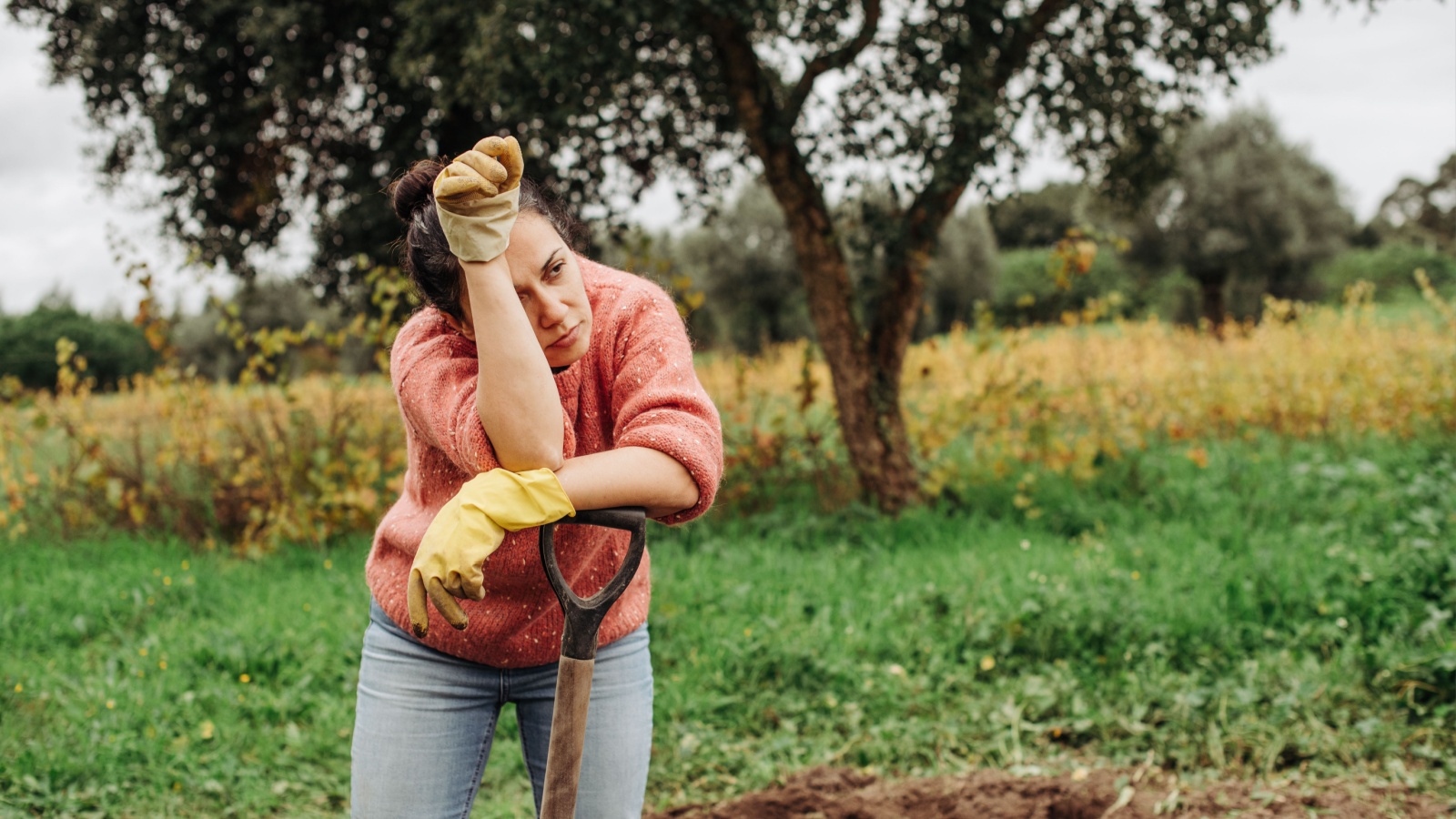
Living off the land can be mentally challenging, as it involves a lot of hard work, isolation, and uncertainty. Neglecting your mental health can lead to depression, anxiety, and other issues that can make the experience even more difficult. Make sure to take time for self-care, engage in hobbies or activities that bring you joy, and seek help if needed.
12. Not Having a Long-Term Plan
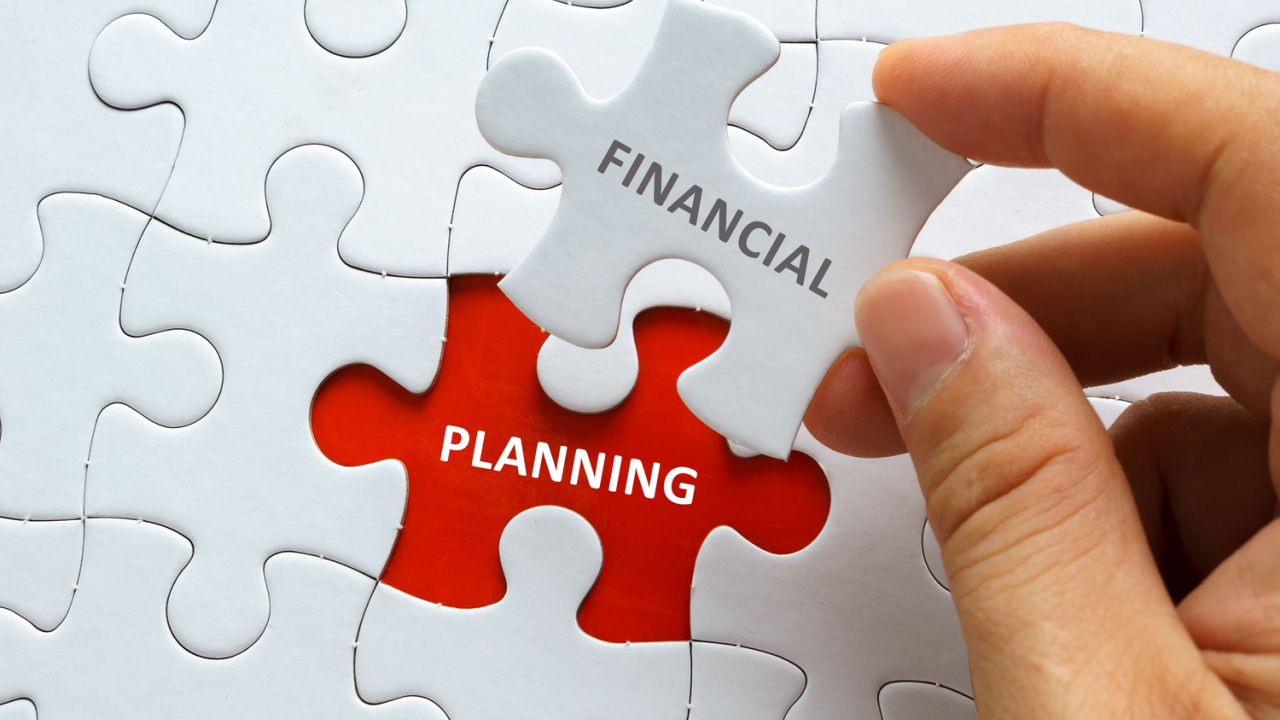
While living off the land can be a day-to-day experience, it’s important to have a long-term plan in place. This can include goals for your homestead, financial planning, and even succession planning if you want to pass your land on to future generations. Without a long-term plan, you may find yourself struggling to make progress or maintain your lifestyle.
13. Failing to Learn from Your Mistakes

Making mistakes is a natural part of the learning process when living off the land, but failing to learn from them can lead to repeated setbacks and frustration. Keep a journal of your experiences, reflect on what worked and what didn’t, and seek advice from others who have more experience.
14. Not Being Mindful of Your Impact

Living off the land means being a steward of the environment, and it’s important to be mindful of your impact. Failing to do so can lead to soil erosion, water pollution, and other environmental damage that can harm both your homestead and the surrounding ecosystem. Practice sustainable farming and living techniques, such as composting, using renewable energy, and minimizing waste.
15. Underestimating the Challenges
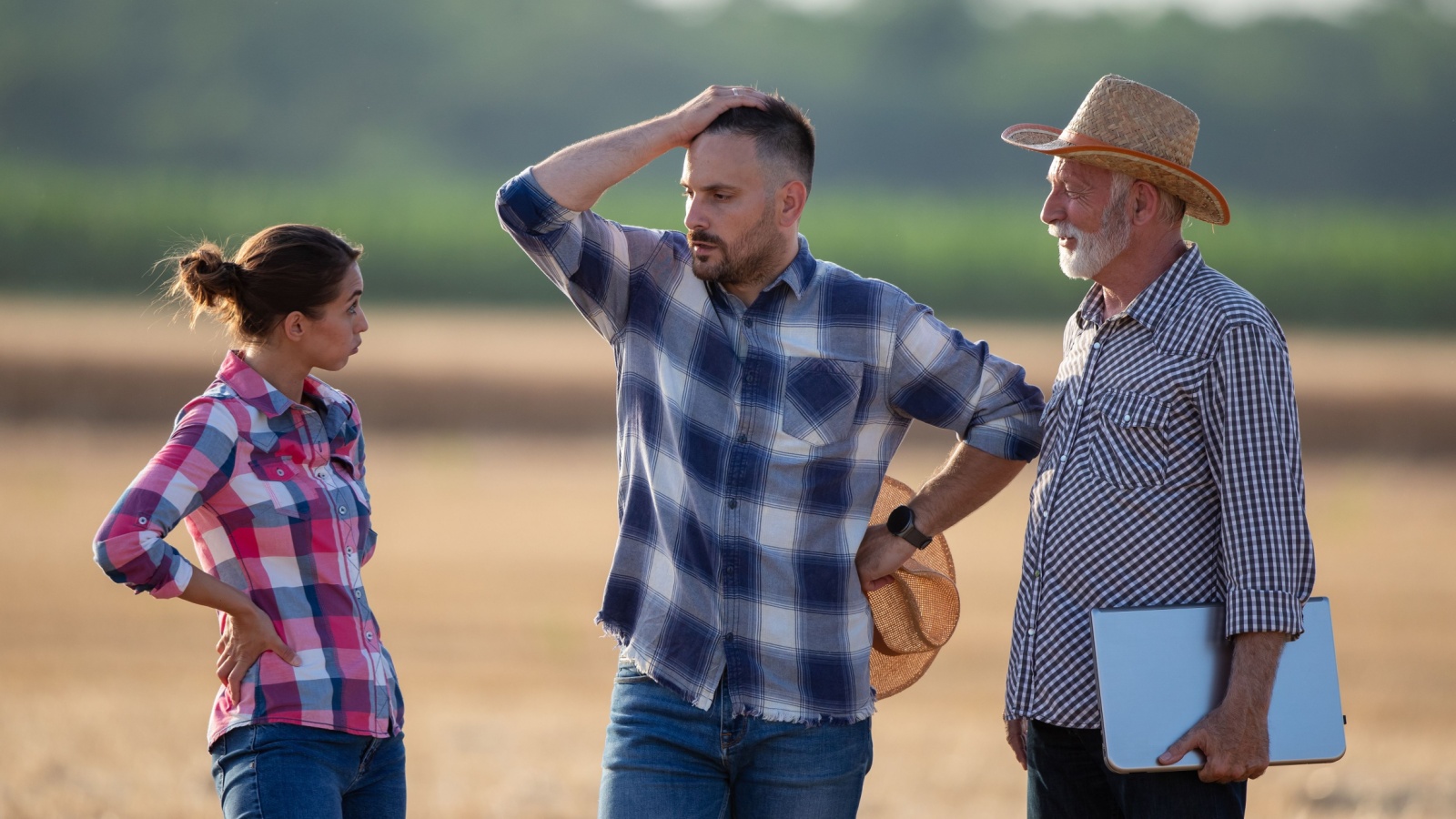
Finally, one of the biggest mistakes people make when living off the land is underestimating the challenges involved. It’s not a romanticized lifestyle, and it requires a lot of hard work, dedication, and resilience. Be honest with yourself about your abilities, resources, and motivations, and be prepared to face obstacles and setbacks along the way.
16. Not Diversifying Your Food Sources
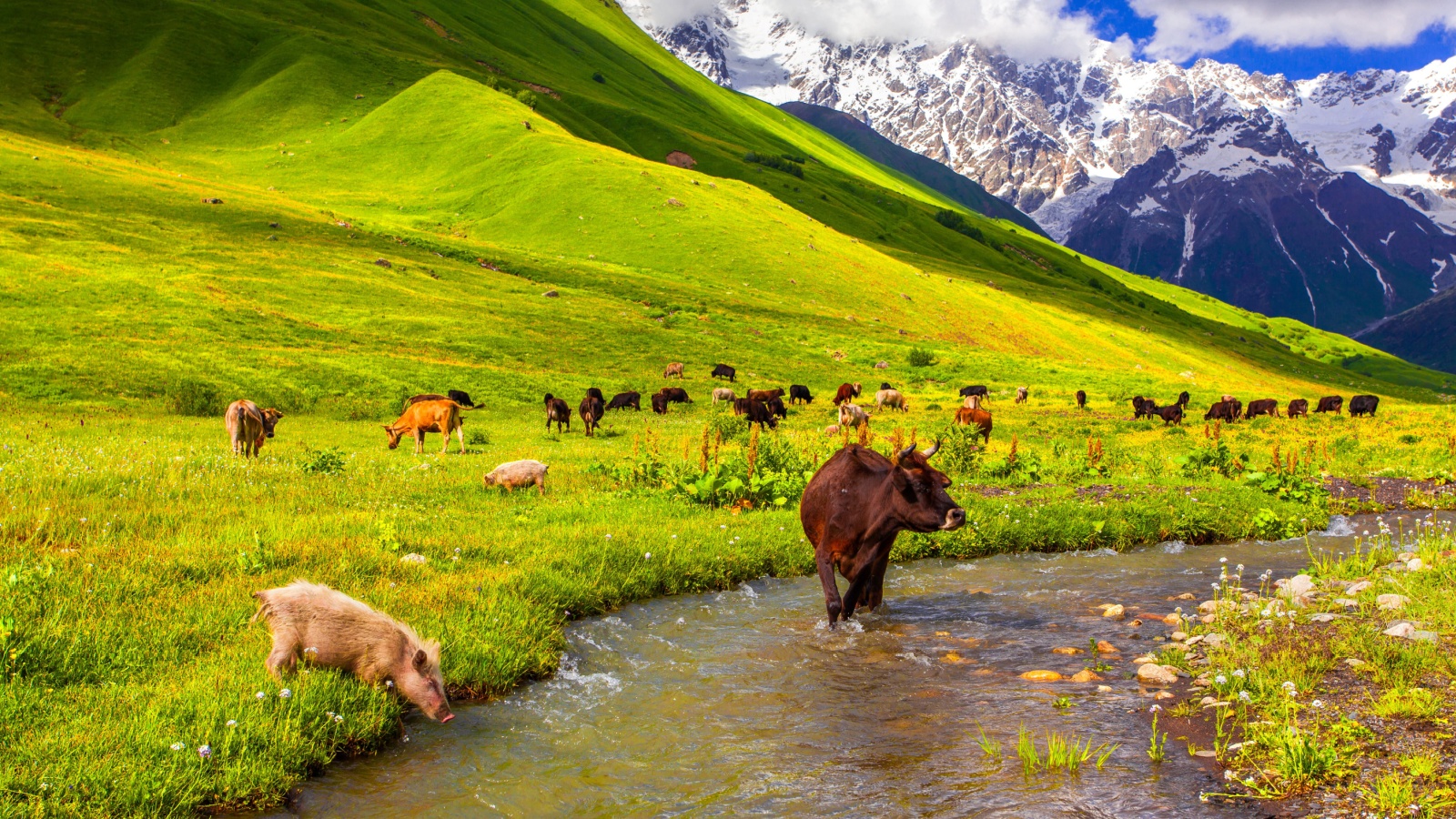
Relying on a single crop or food source can be risky when living off the land. Crop failures, animal diseases, or changes in the environment can quickly lead to food shortages. Diversify your food sources by growing a variety of crops, raising different types of livestock, and learning to forage for wild edibles.
17. Neglecting to Maintain Your Tools and Equipment
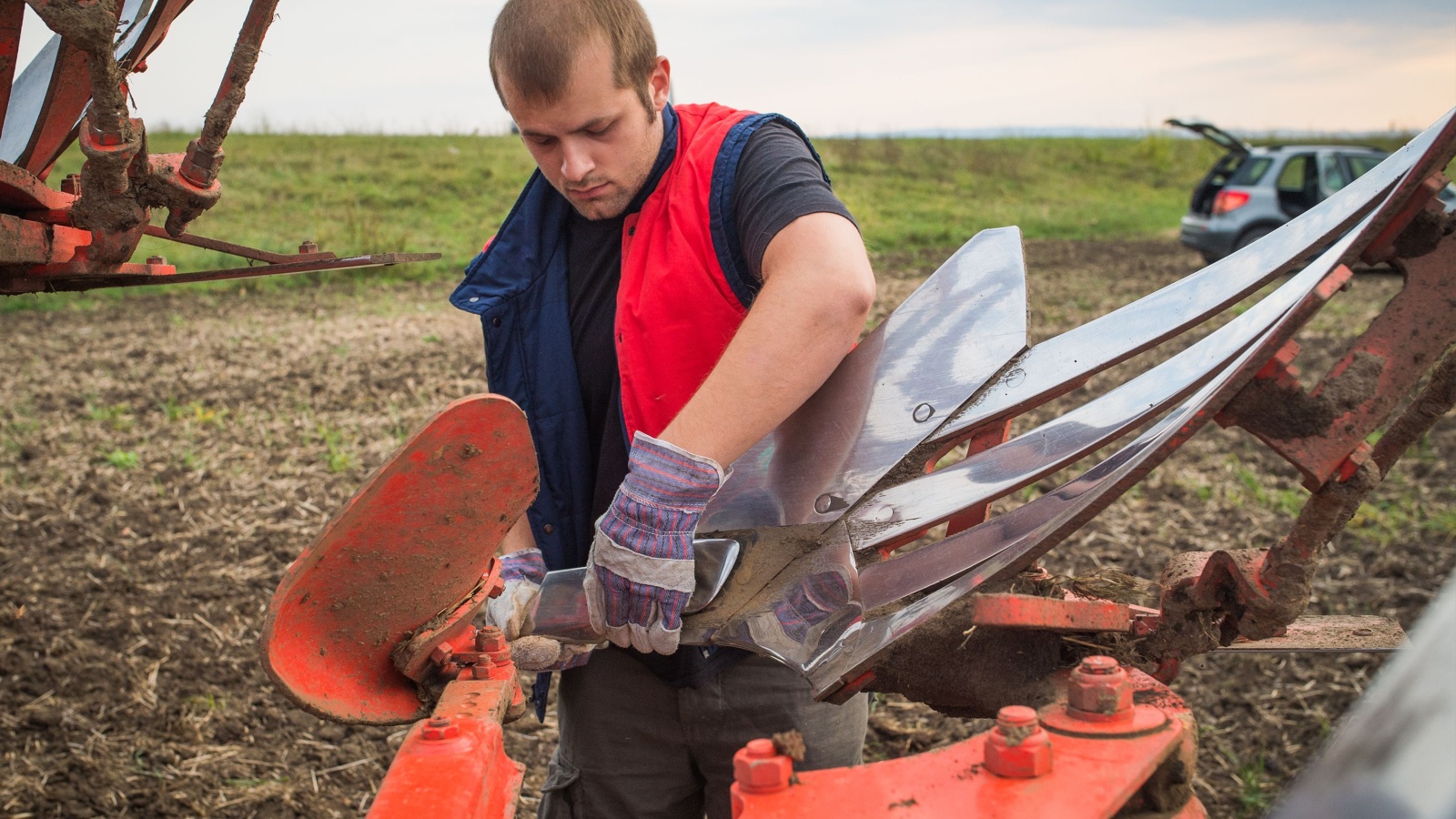
Your tools and equipment are essential for living off the land, and neglecting to maintain them can lead to breakdowns, inefficiencies, and even accidents. Regularly clean, sharpen, and repair your tools, and invest in quality equipment that can withstand the demands of your lifestyle.
18. Not Being Prepared for Social Challenges

Living off the land can be socially challenging, especially if you’re used to a more urban or connected lifestyle. You may face criticism or misunderstanding from friends and family who don’t share your values, or you may struggle with feelings of loneliness or isolation. Be prepared for these social challenges and find ways to connect with like-minded individuals or communities.
19. Failing to Have Backup Plans

Despite your best efforts, things can go wrong when living off the land. Failing to have backup plans can leave you vulnerable to unexpected events, such as natural disasters, economic downturns, or personal emergencies. Have contingency plans in place, such as emergency savings, alternative housing options, or backup food and water supplies.
20. Not Embracing Continuous Learning

Living off the land is a continuous learning process, and failing to embrace this mindset can limit your growth and success. Stay curious, attend workshops or courses, read books and articles, and seek out mentors or experts who can help you expand your knowledge and skills. Embrace the idea that there’s always more to learn and room for improvement.
31 Ways to Boost Home Security: How to Fortify Your Fortress and Deter Burglars

We sadly live in a society where it’s all too common for criminals to want to take what we’ve worked hard to get. The results of a break-in are traumatic, too. Beyond just losing your stuff. Victims often feel violated, anxious, and unsafe, sometimes for years after the event.
Prevention is the best way to stay safe. And, while you shouldn’t have to turn your home into a fortress, that’s the stark reality of our world. But you can take plenty of simple steps to deter burglars and ensure your home is less attractive to would-be thieves.
25 Winter Foraging Foods to Save Money on Your Grocery Bill
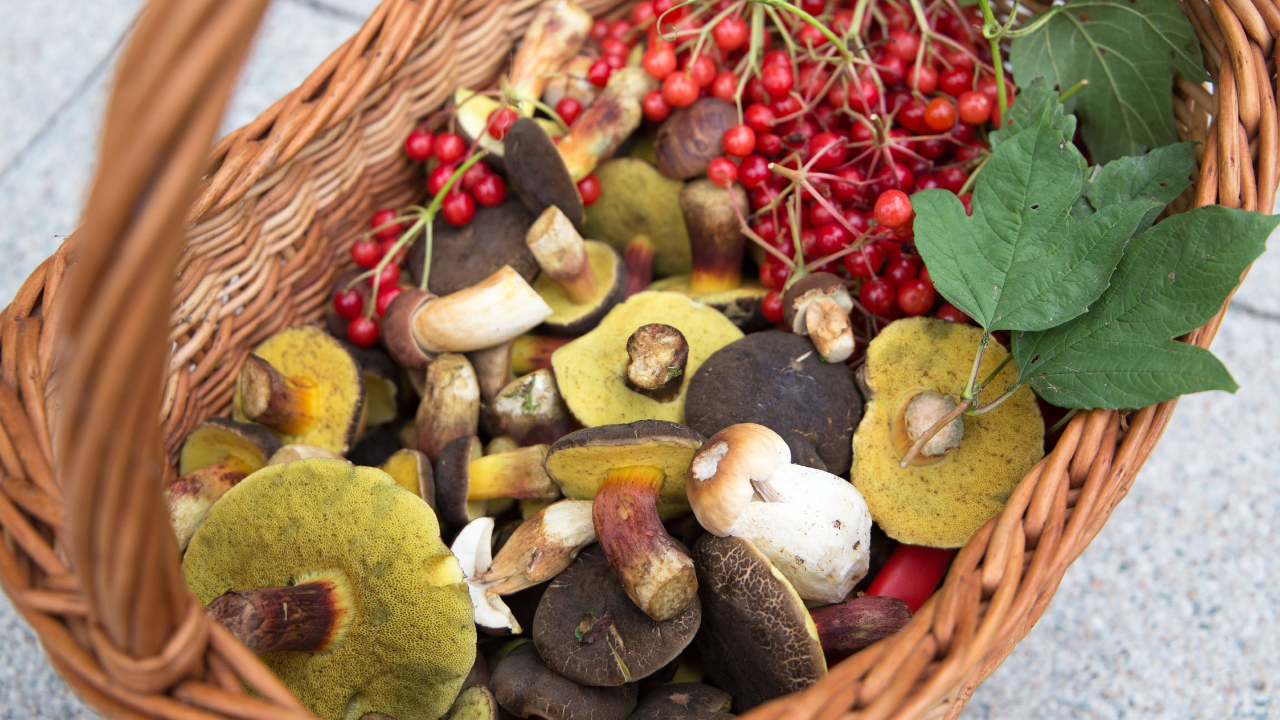
With food prices going up by 15% from October 2021 to October 2023, finding ways to cut down your grocery bills is more important than ever. Winter foraging is an awesome way to add to your pantry for free. Yes, you get free food in the form of wild edibles, but it’s also fun for the whole family, gets you moving, and reconnects you with nature.
Even though foraging in winter seems hard compared to the bounty of late summer, there’s still plenty out there if you know where to look. Plus, if things do go south, you need to know how to get wild foods to survive when there are no old-world supplies to access.
23 Smart Ways to Preserve Food
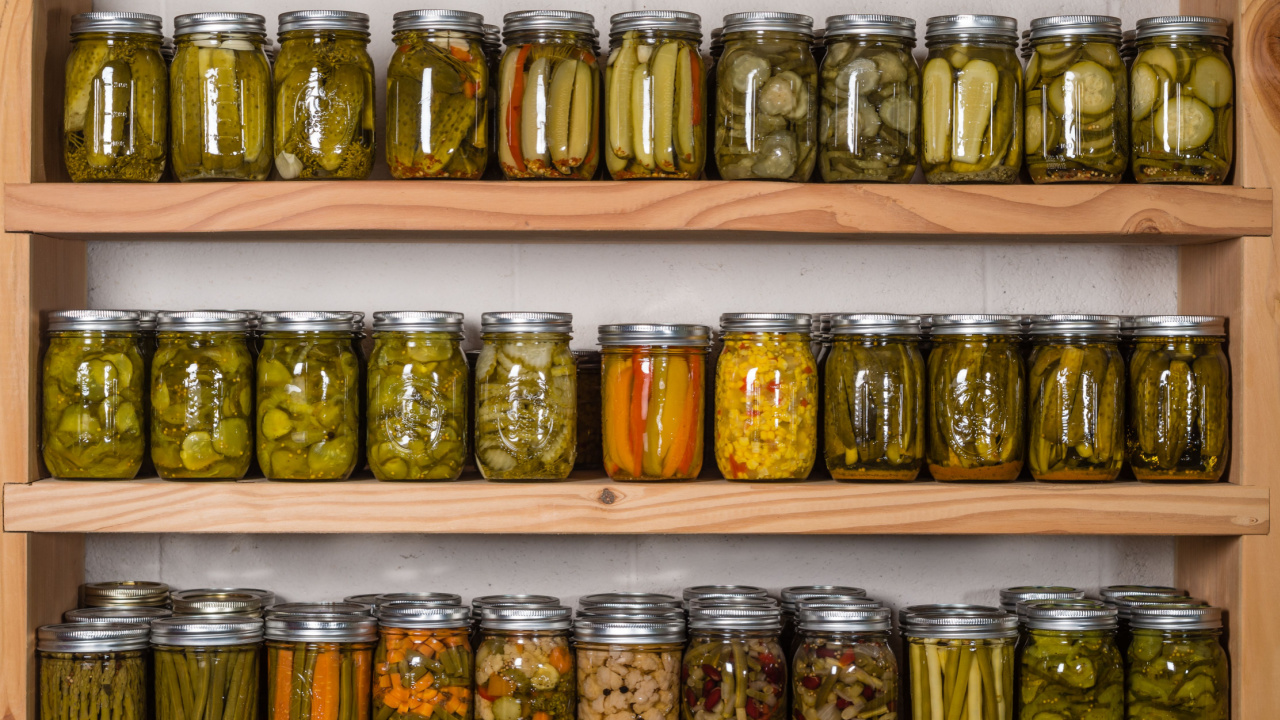
Preserving food is an art as much as it is a science, tapping into our ancestral roots and addressing modern needs. Whether you’re looking to avoid waste, prepare for leaner times, or simply enjoy the fruits of your labor year-round, these 23 smart methods will guide you through. I’m a huge fan of preserving things I find on sale, gluts of produce from my homestead, or produce I’ve bartered with someone else.

